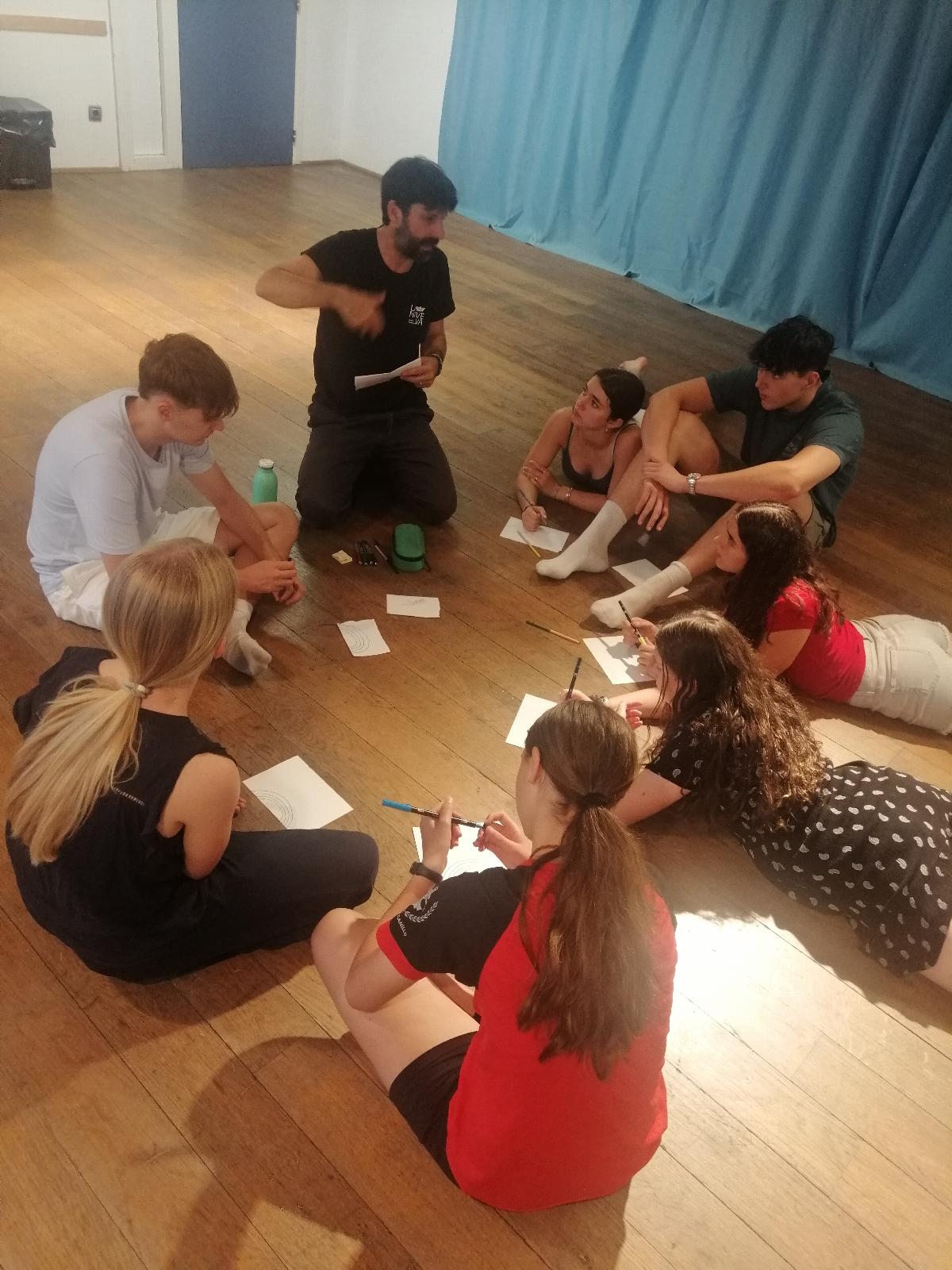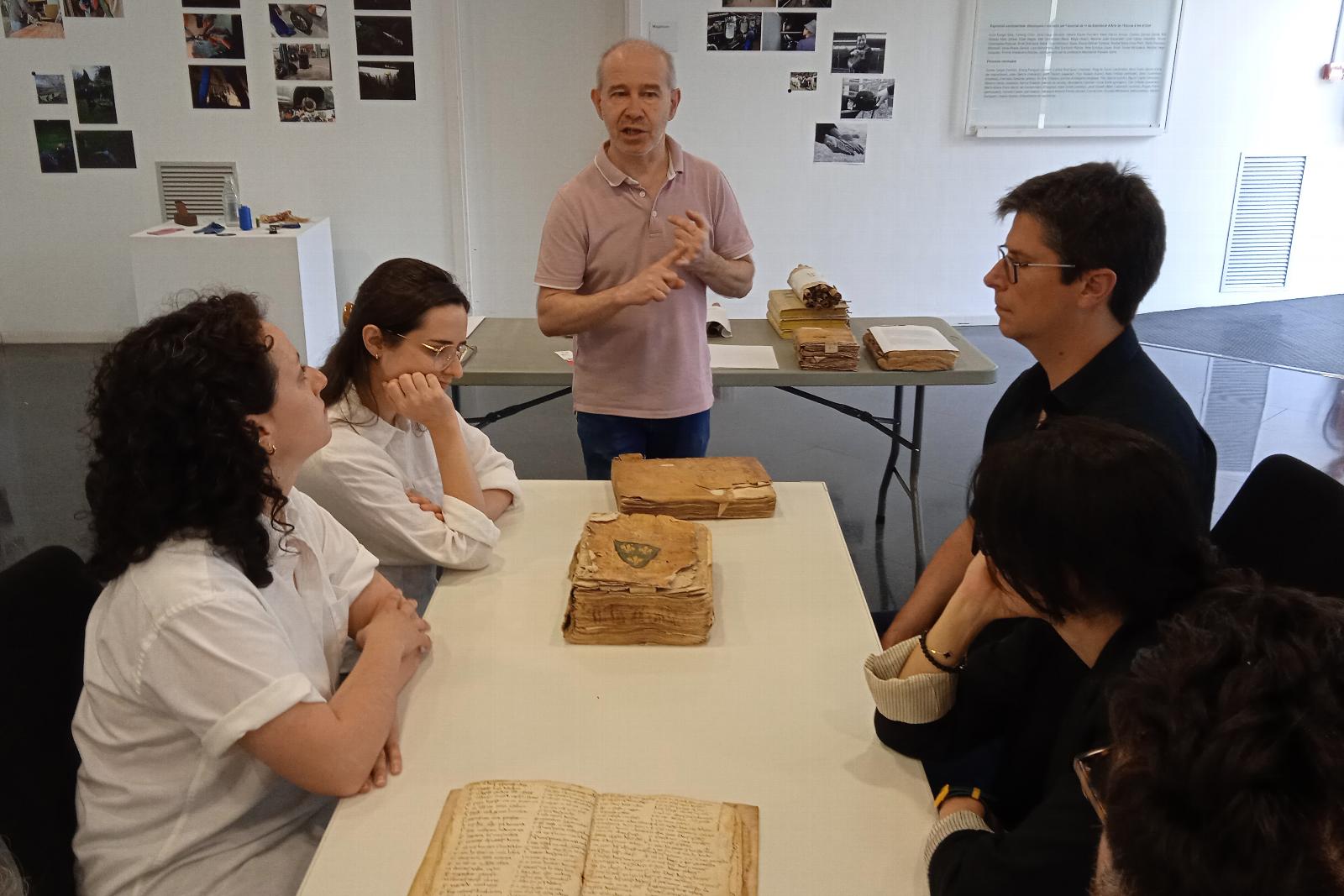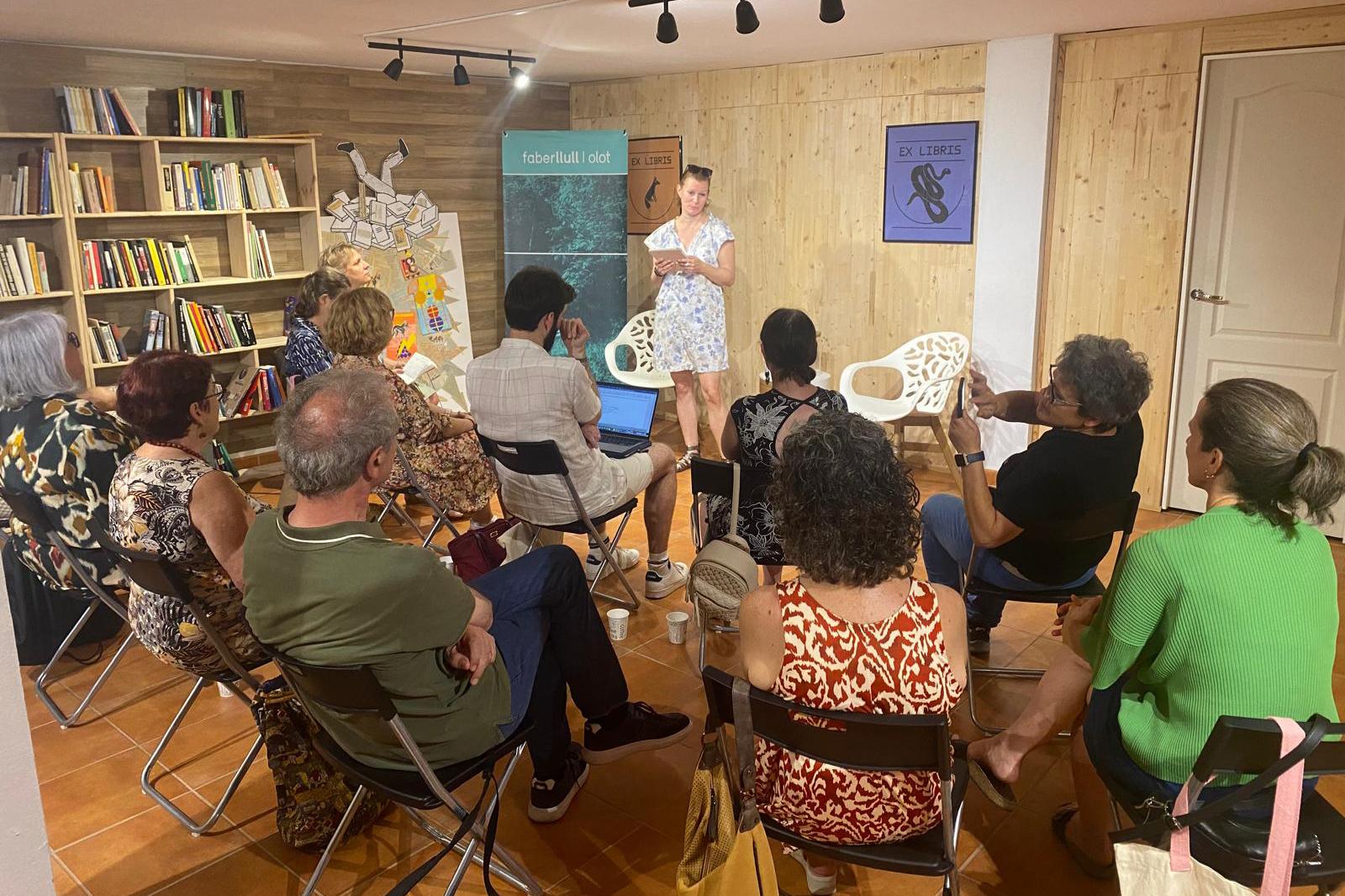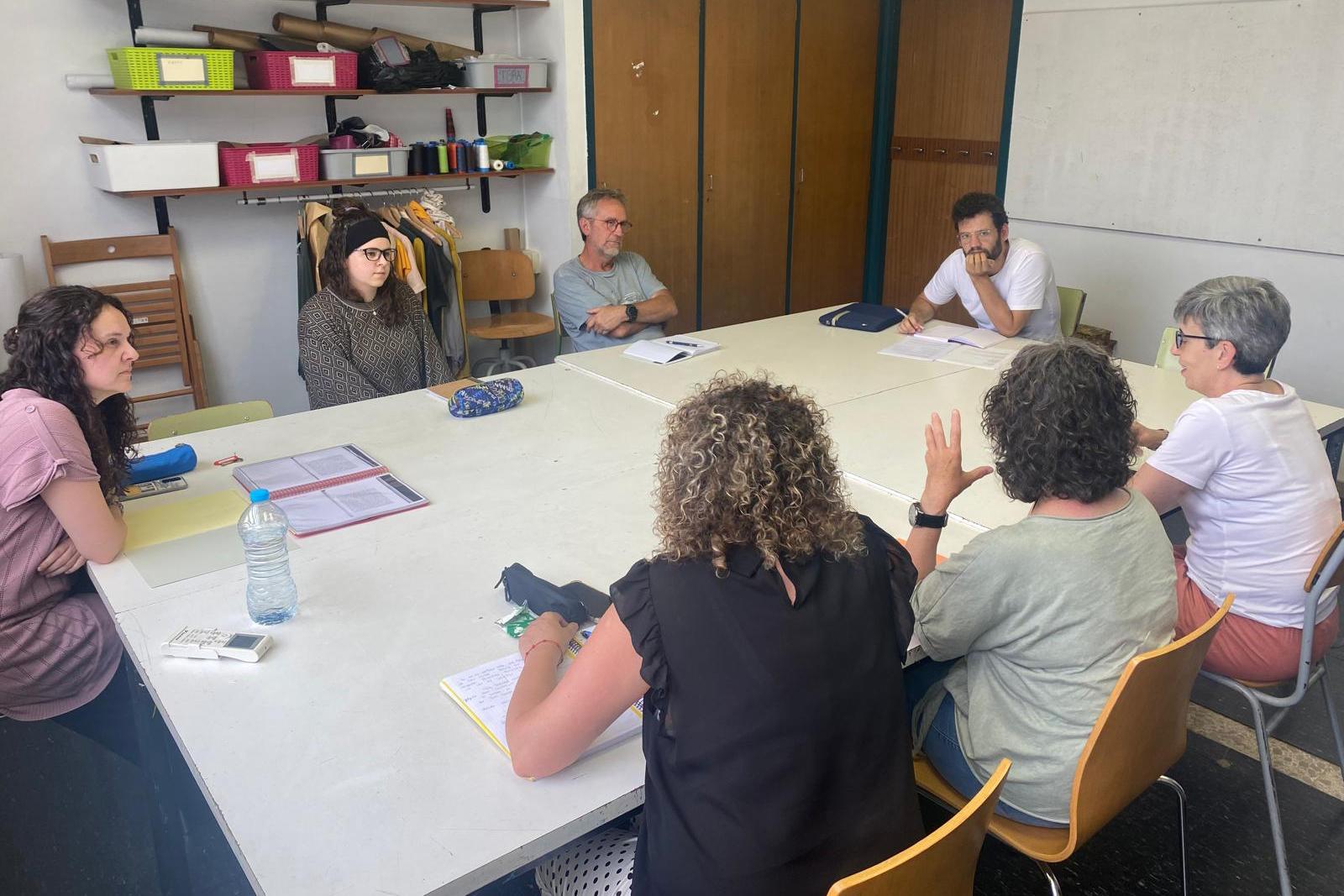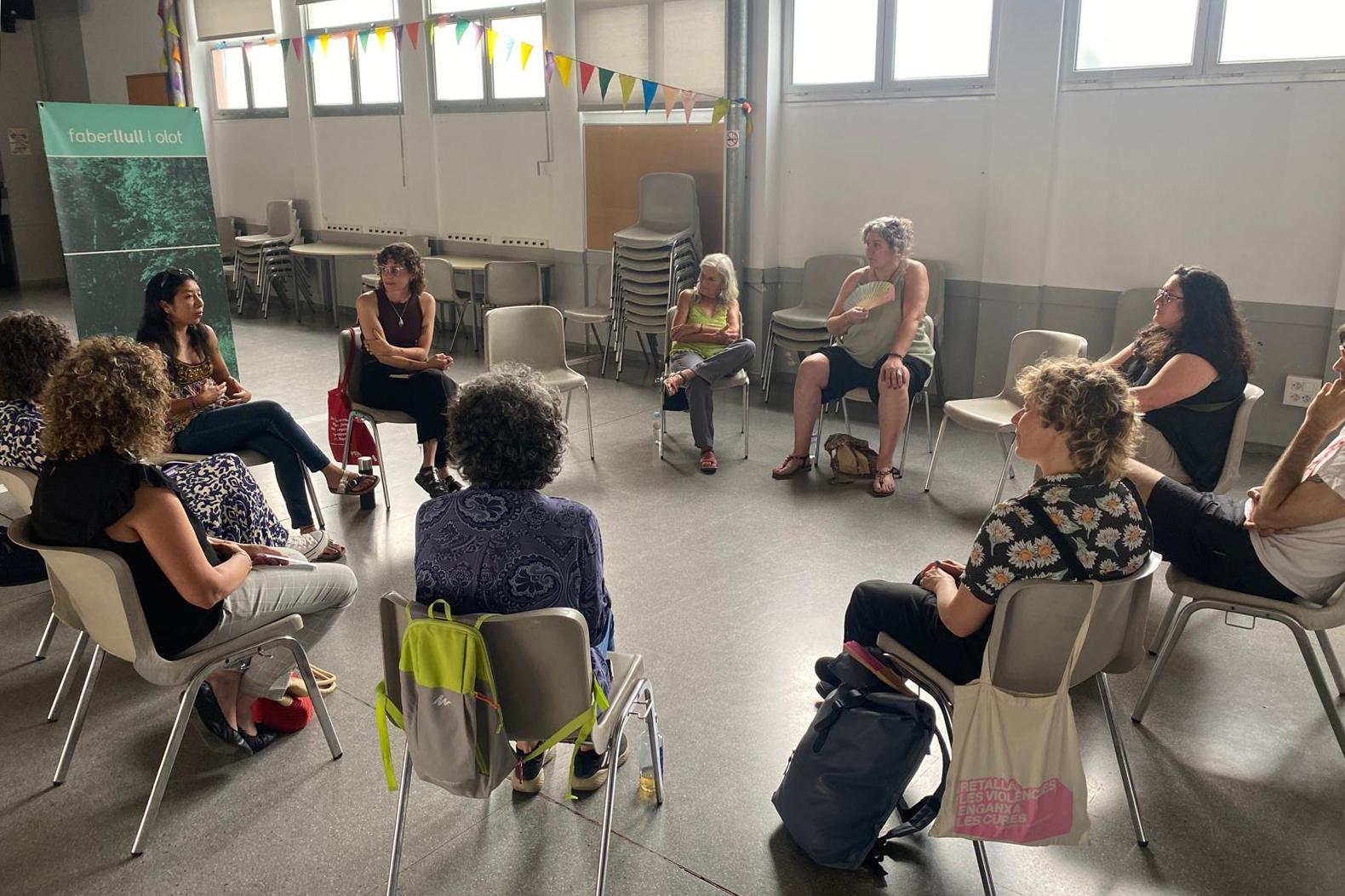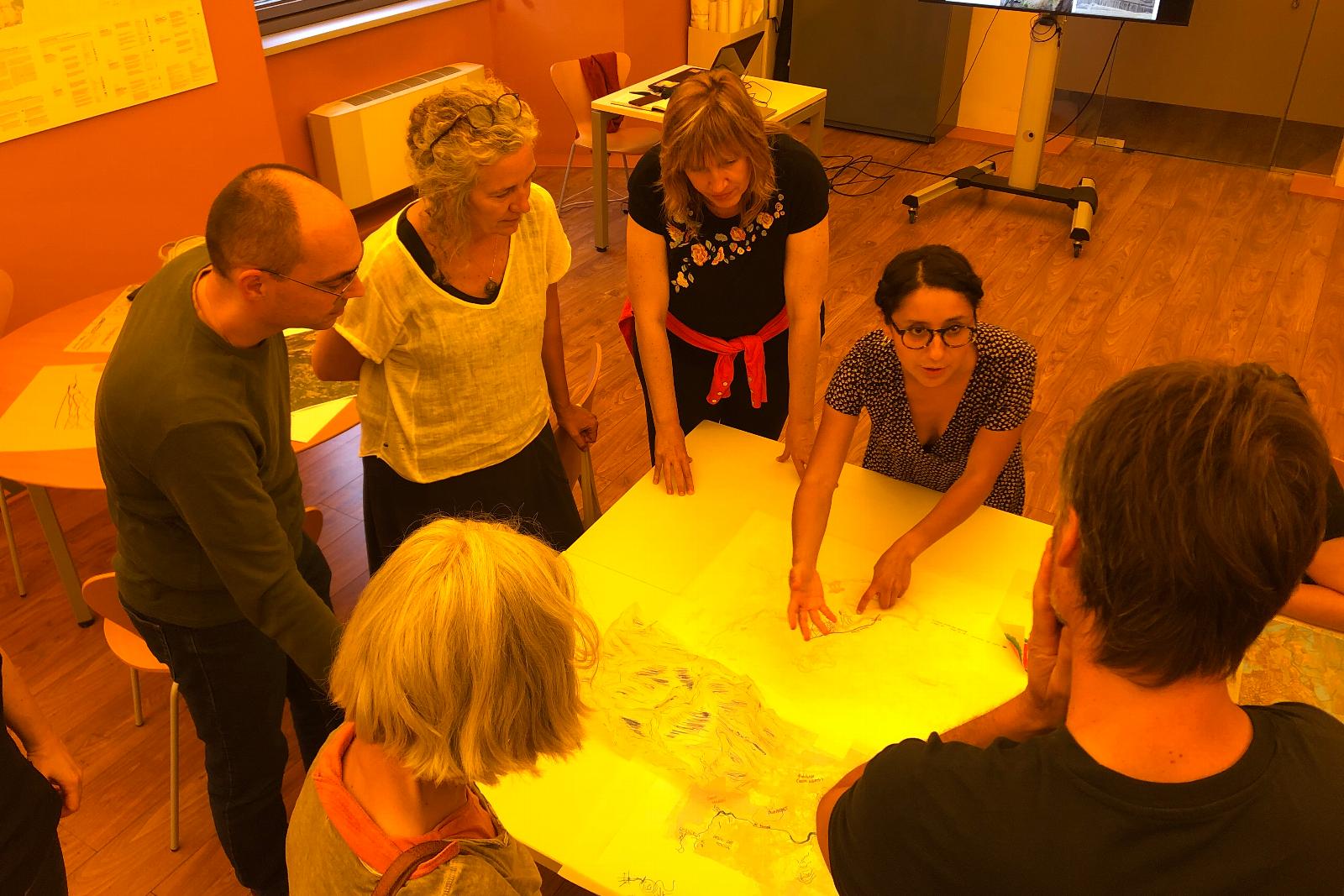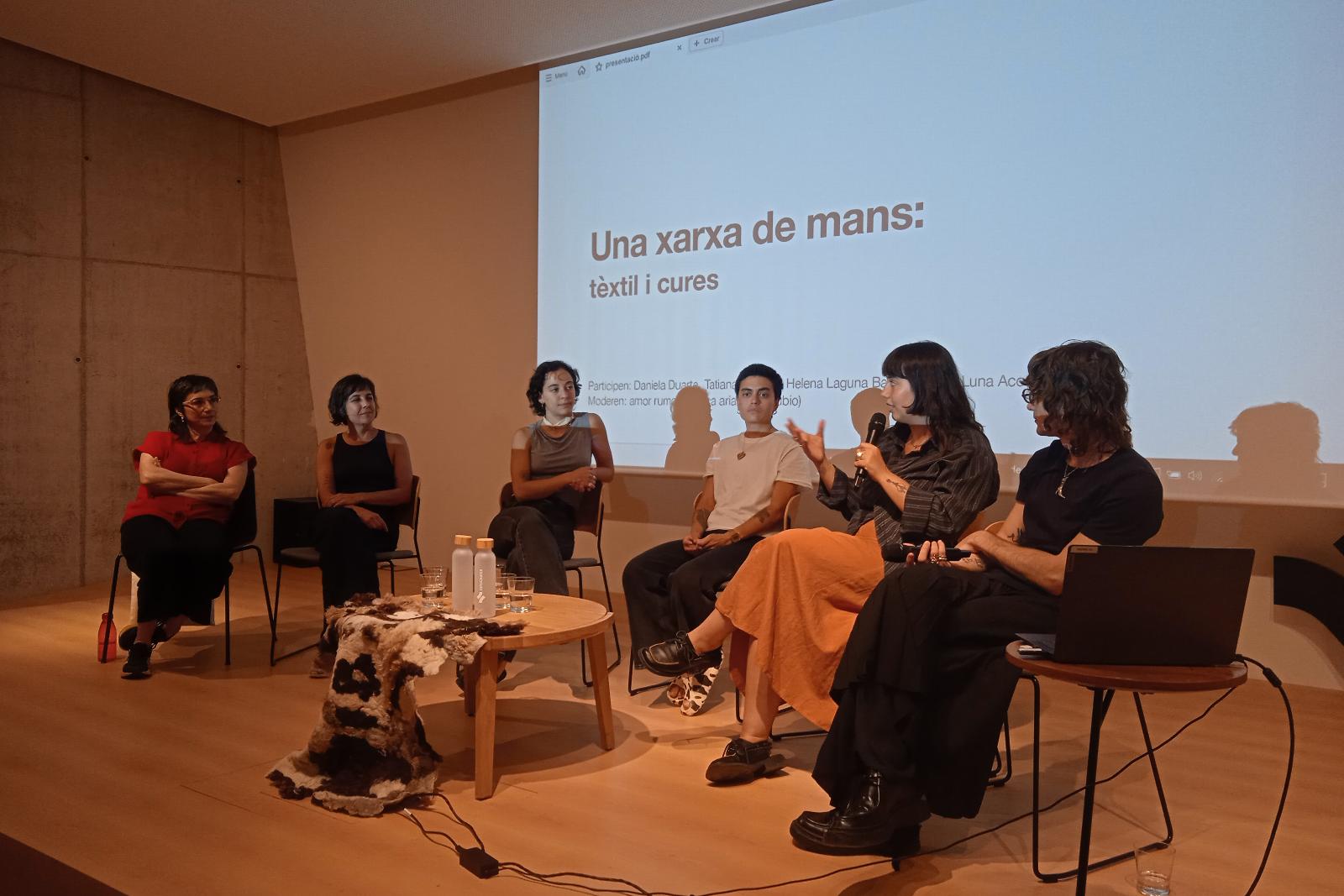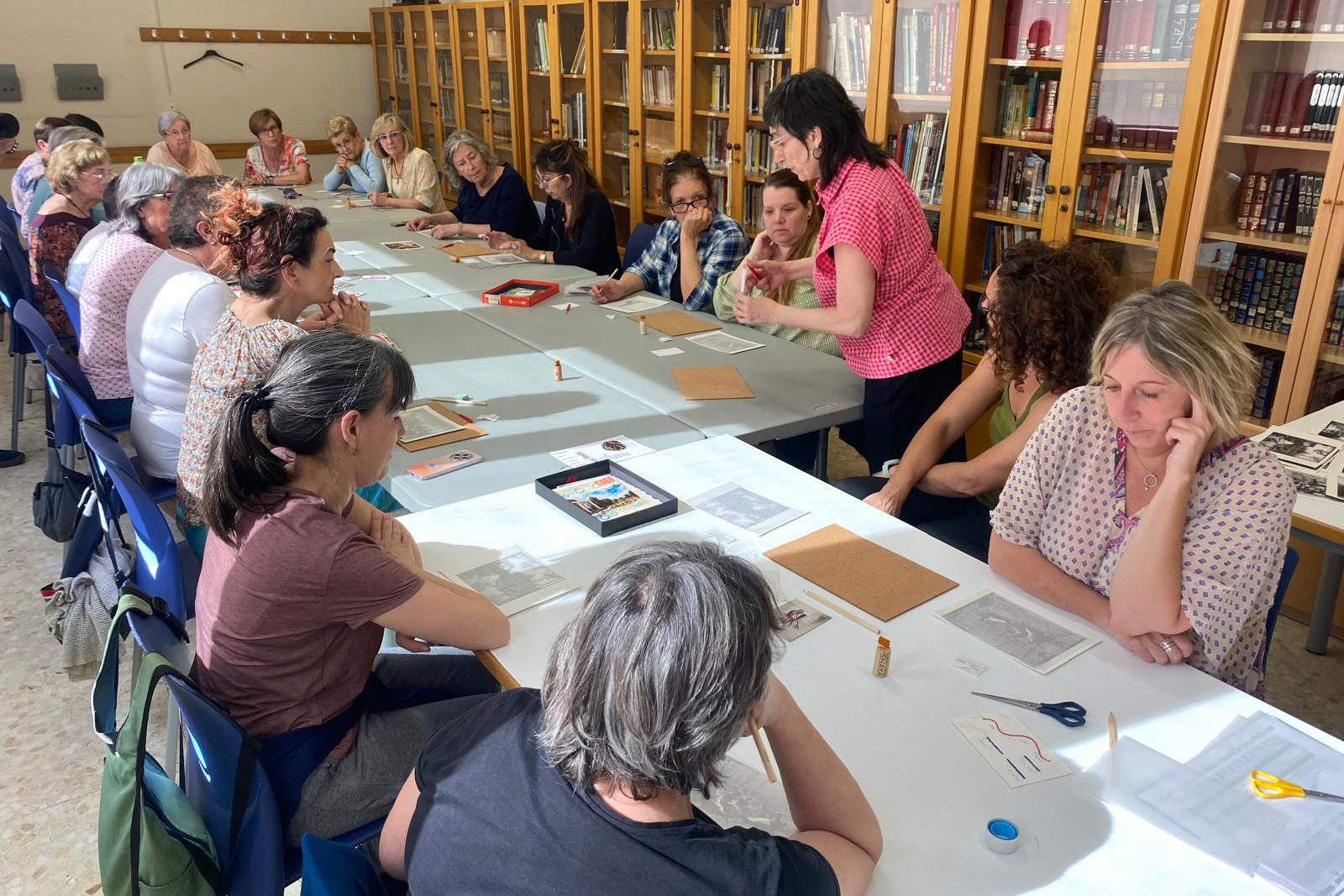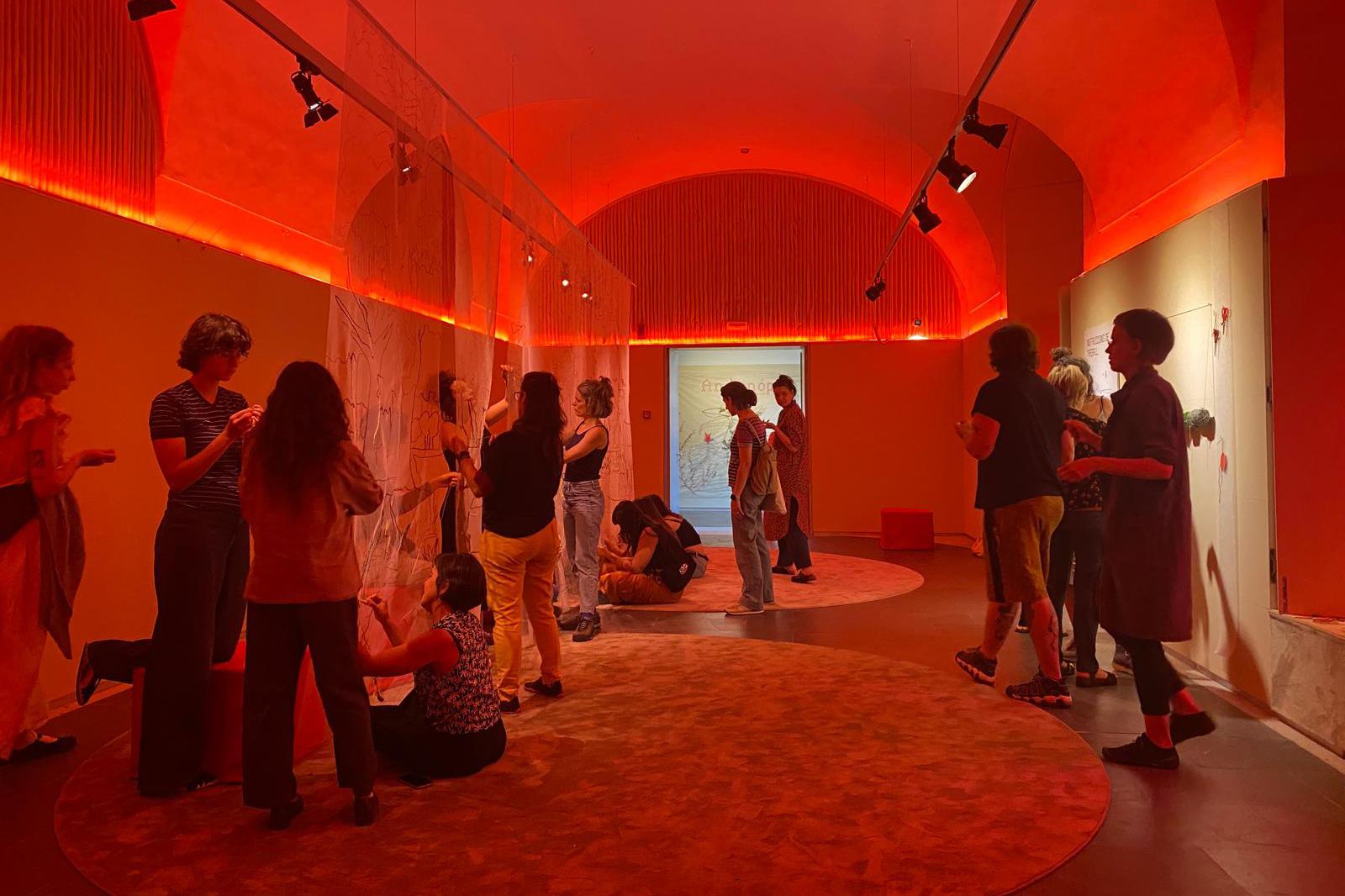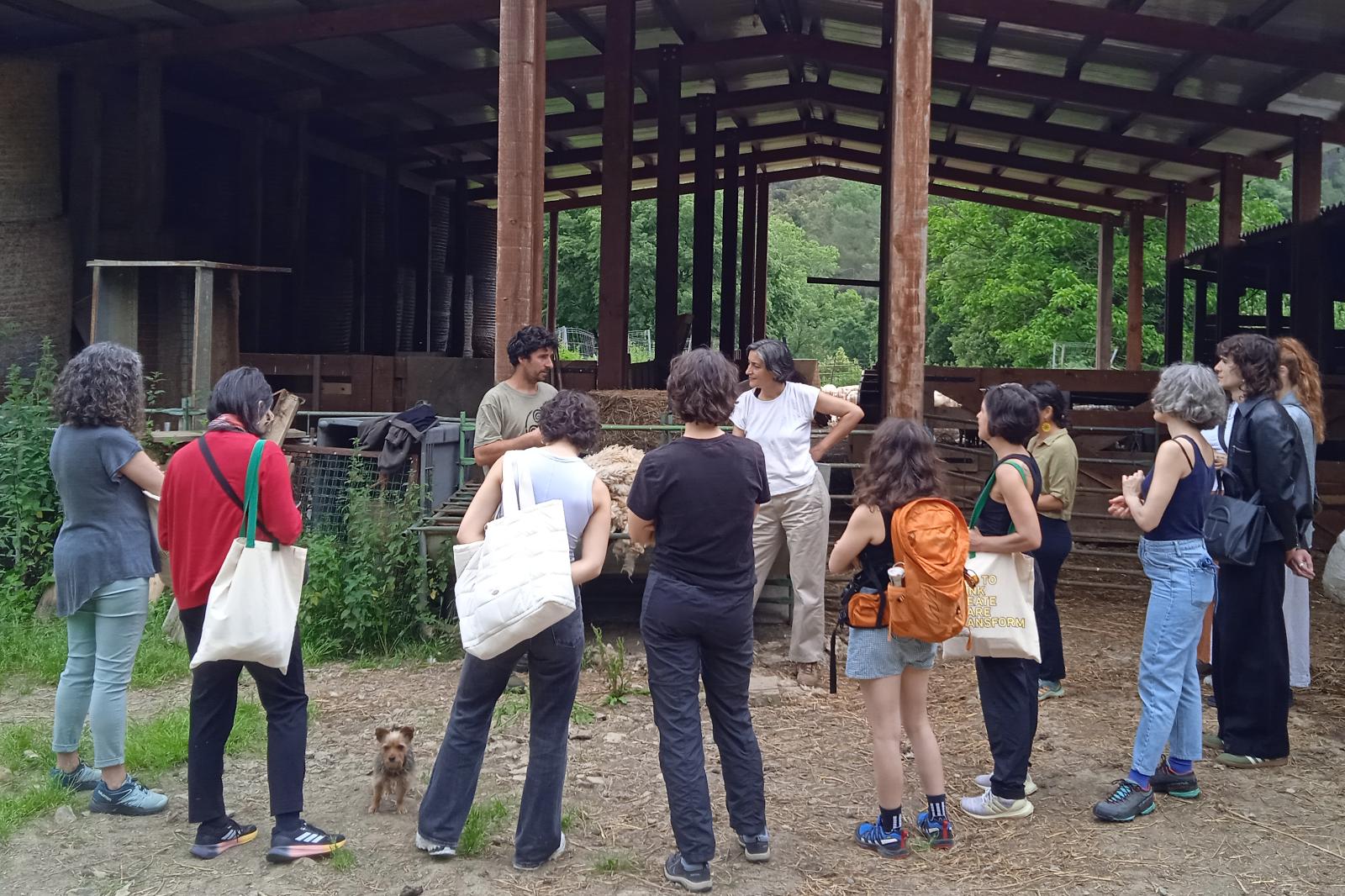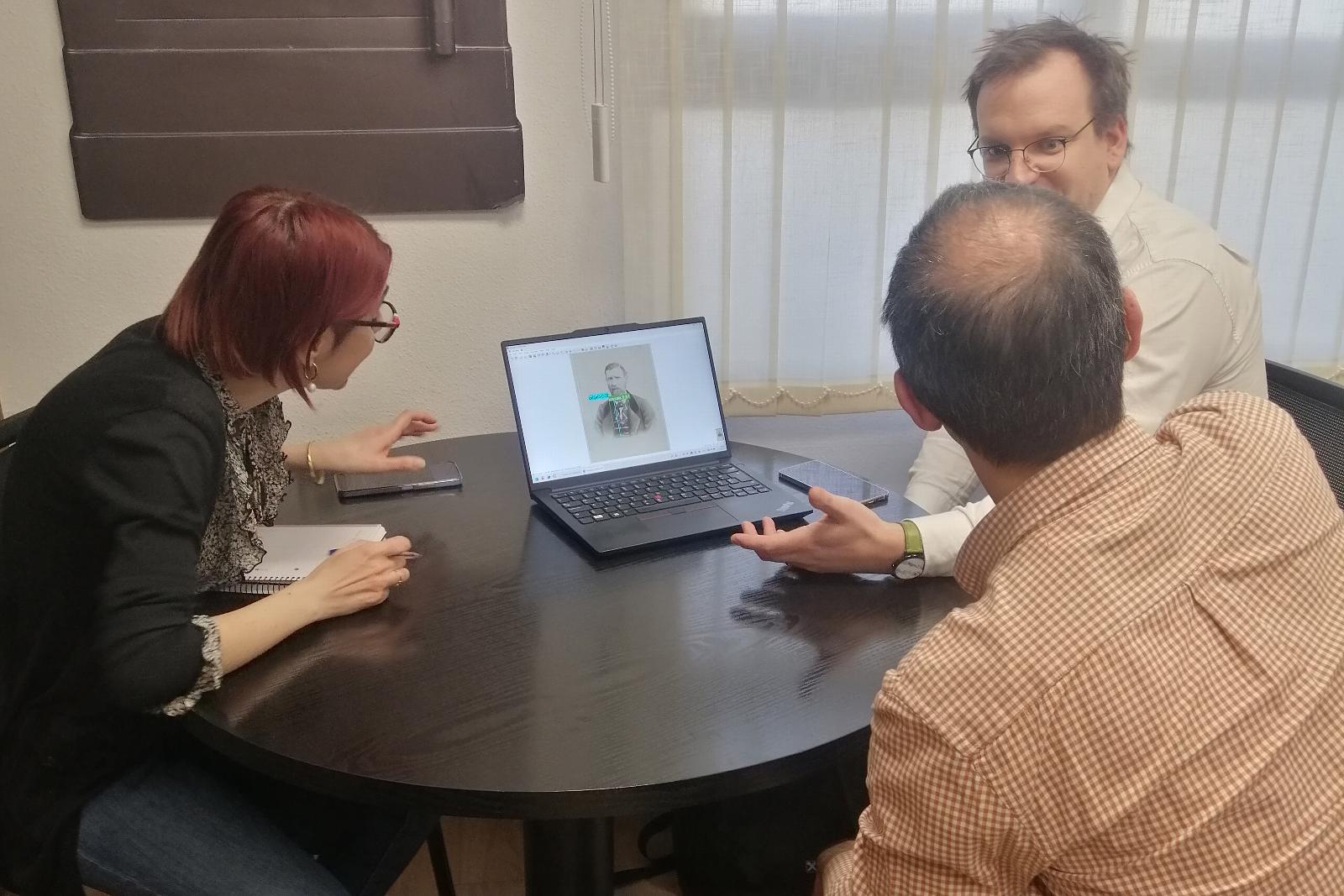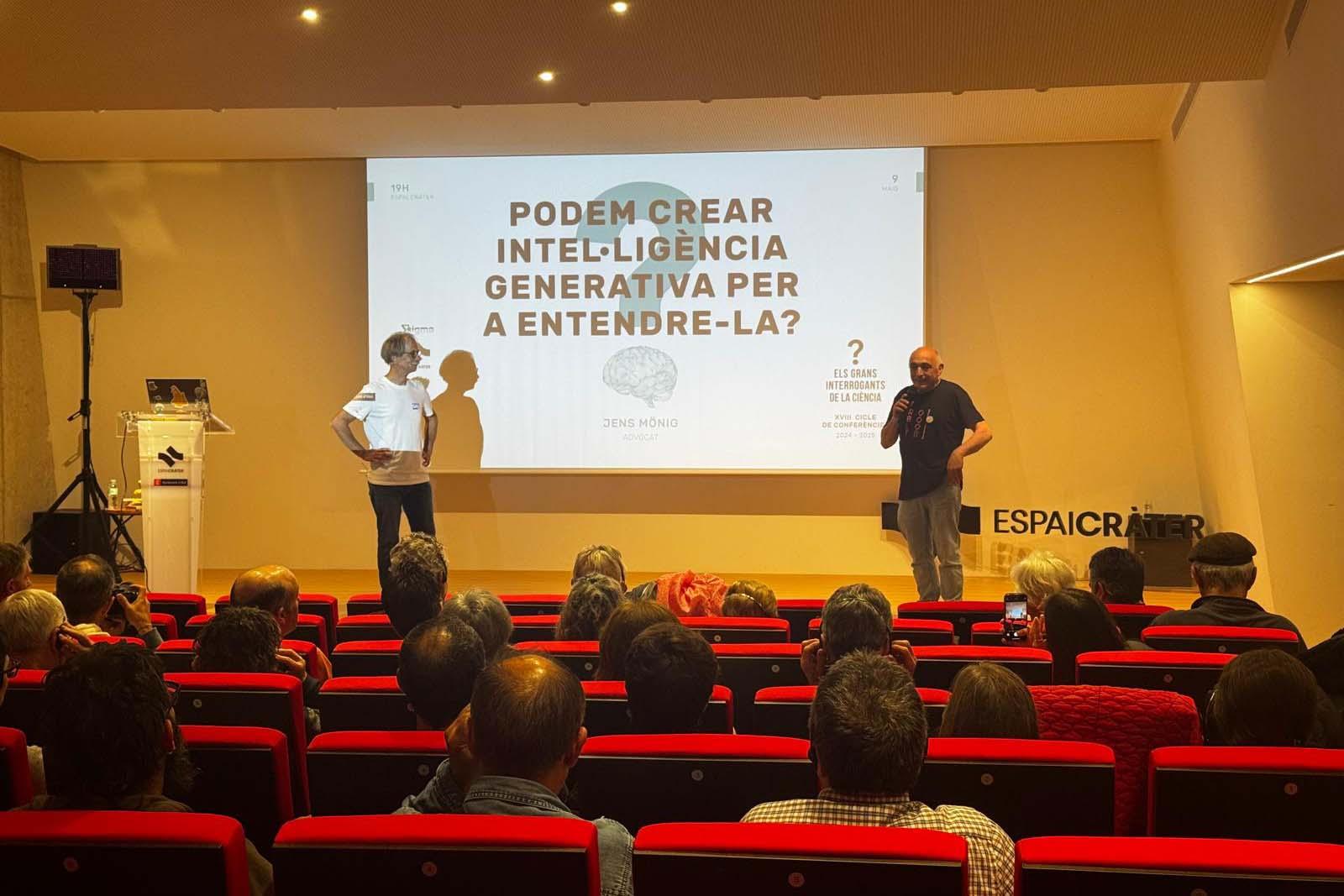Literary Translation and the Post-Trump World Bring Faber’s Public Activities to a Close for 2016
Can Tricheria | Olot
Wednesday, 21 December 2016 , Olot
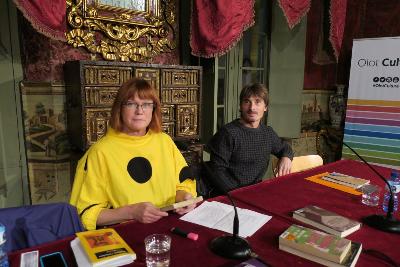
Literary Translation and the Post-Trump World Bring Faber’s Public Activities to a Close for 2016
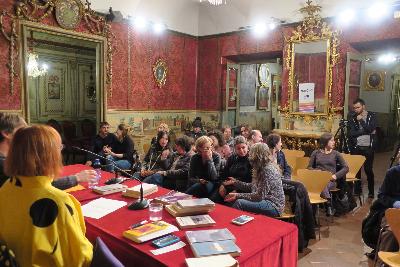
The tricks and pitfalls of literary translation and Donald Trump’s rise to the American presidency were the focus of Faber’s last two public activities for 2016. Faber’s first quarter of activities concluded with five talks, aside from other activities for specific audiences.
One of the two talks was given by Kristiina Drews—an English to Finnish literary translator with more than 35 years of experience—who discussed the translation process for literary texts. She took everyone step-by-step through the entire process, from the moment a publisher approaches her or she decides to work on a project, to the different strategies that can be used to get into the writer’s head to do the work justice. The choice of books, the intricacies and difficulties of literary translation, the costs of translation, its evolution throughout the years, and the relationships between authors and translators were just some of the things that Kristiina Drews talked about. The conference centred around two main axes: her professional career and the ambitious project that she has been working on at Faber—the translation of At Swim-Two-Birds, the novel by Irish writer Flann O’Brien. The talk, which was given in English with no simultaneous interpretation, had an audience of around thirty people in the assembly hall of Can Trincheria—the headquarters of the Institute of Culture of Olot.
Three days later, Can Trincheria was filled to capacity again with the talk by Iván de la Nuez, an essayist and exhibition curator, who shared his reflections on Donald Trump’s rise to the American presidency. America’s election surprise was still quite recent. Reactions and analyses of this unexpected victory proliferated all over the world, and in Olot, we were fortunate enough to hear a thinker’s reflections on this first-hand. Donald Trump had just become the 45th President of the United States of America, against all odds, contrary to the majority of survey results, triumphing over multiculturalism, gender politics, immigrants, the welfare state, etc. Ivan’s de la Nuez’s conference was precisely regarding this unexpected scenario and how intellectuals failed to envision this possibility. He criticised hegemonic discourses, the scant autonomy and lack of rigour in many media outlets, and the shortages in a global context—which are shown by a lack of unique and original perspectives and of independent thinkers and journalists who stay clear of the major information channels.

